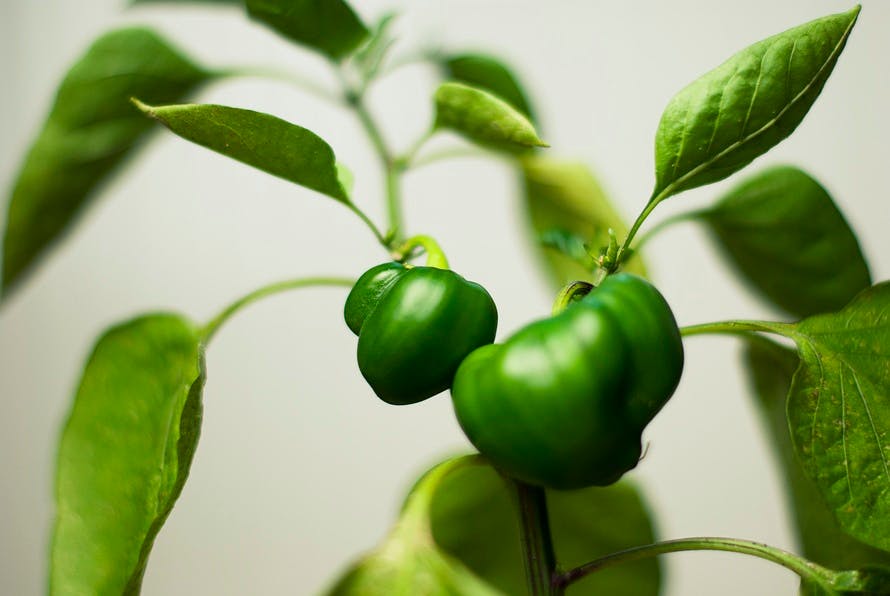How to Grow Your Own Food with No Garden

Due to rising food prices, and an increased awareness of environmental issues globally almost a third of us Britons are now growing a significant proportion of the food we eat at home. Even if you don't have the lush, green garden space that seems to be required to take part in this growing trend it doesn't mean that you have to be left out. In this article you will find lots of useful information on growing your own fruit and vegetables indoors including why it is relevant to you.
What to Grow?
Where to Grow?
Conservatories and windowsills are great places for indoor plants as it allows the plants to receive plenty of the natural sunlight which they need to grow. To save space indoors, and make the outside of your house more lively some plants can be grown in hanging baskets or other similar containers which can be placed or hung outside of your house.
Who can Grow?
Anyone and everyone can grow their own fruit and veg at home. In fact it makes the perfect activity to stave off boredom, and can make a great activity for those with young children as it helps to teach them about where their food comes from and how it grows. All you need is some seeds or bulbs, soil, a plant pot and some patience and you'll be surprised at how good the food you grow actually is.
Why you Should Grow?
You Can Save Money
Though the savings you make may be only minor at first as the length of time you grow for, and the amount of plants you grow adds up you will see this number slowly increasing. You are also less likely to waste food that you have spent time to grow, whereas you may not realise the money you are throwing away by overbuying at your normal shop, so growing your own also helps you to waste less of the food that you buy whilst saving money in the process.
The End Product Will Be Better for Your Health Than Shop Bought Vegetables
You Help to Reduce Carbon Emissions
Encourages You to Eat Better Foods
It Will Liven Up Your House
One of the main attributes of plants is that they are colourful. Invest in some fancy pottery, or even paint your own to place your plants in and it will instantly improve the look of your home as well as your overall mood.
http://greatist.com/health/best-plants-to-grow-indoors (A list loads of easy to grow plants and how to grow them)
You can find lots of gardening tools on our website


No comments:
Post a Comment